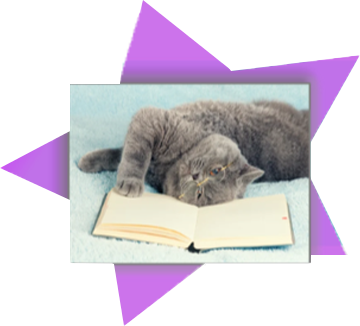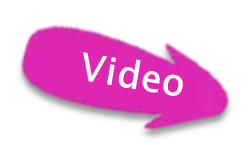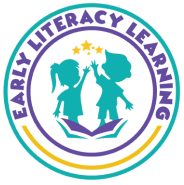
TALKING
“Parentese”
Birth to 12 months

October 6, 2023
One important strategy to use when creating a language partnership is called “parentese” or infant-directed speech (IDS). “Parentese” is used more frequently and replaces the word “motherese”. This language style is a highly recommended way for parents to speak to babies throughout their first year.
Parents speaking “parentese” use an engaging voice, that is high pitched and with a slower rhythm. It has a happy sing-songy bounce to it. Dr. Patricia Kohl a well-known scientist who researches early language and brain development stated, “We know from over 30 years of research in the lab that infants prefer “parentese” over standard speech and that infants who are exposed to more “parentese” at home have larger vocabularies as toddlers.” As the child begins to use one-or-two-word statements, there’s no longer a need to talk in this manner.
“Parentese” does somewhat sound like the familiar “baby talk” EXCEPT one doesn’t use irregular sounds or nonsense words. “Parentese” from the very start uses real words and correct grammar. This method stretches out the vowels when speaking to the baby, making the articulated words clearer. “Parentese” strengthens and expands a baby’s language development.
Dr. Naja Ferjan Ramirez a linguistics and cognitive science professor from University of Washington, stated. about “parentese”, “It has a slower tempo, so it helps a baby find where the boundaries between the words are because typically in fast speech words run into one another … and that might be one of the reasons why it helps them learn words. The higher pitch captures their attention, and then the exaggerated vowels help children figure out what the vowels of their language are.”
As talking time begins-- make it an inviting experience for the baby. Just change one’s normal
speaking voice to “parentese” by using three key elements:
tone=happy, excited-engaged & fun
pitch=higher than a normal voice
speed=slower-with pauses between words & phrases, exaggerated-stretching out of vowels in words
The role of a parent is that of a major depositor in the First Bank of Language. Their spoken words are being banked for later profit. The speaker or talker provides the listener-baby with WORDS, a daily investment that increases their vocabulary. The listener is taking in these sounds and trying to make sense of the words it hears. These ongoing “parentese” interactions between the talker and listener are the first steps in communication, this exchange models the importance of words. It is the beginning of laying the foundation for their future literacy fortune. All of a child’s talking time experiences are assets that contribute to creating a “rich” language environment. You can bank on it!.

The talking time spent using “parentese” pays off and is rewarding for all. It’s an investment in a baby’s future language success. Have fun banking all those words together!
“A new baby is like the beginning of all things—wonder, hope, a dream of possibilities.”



